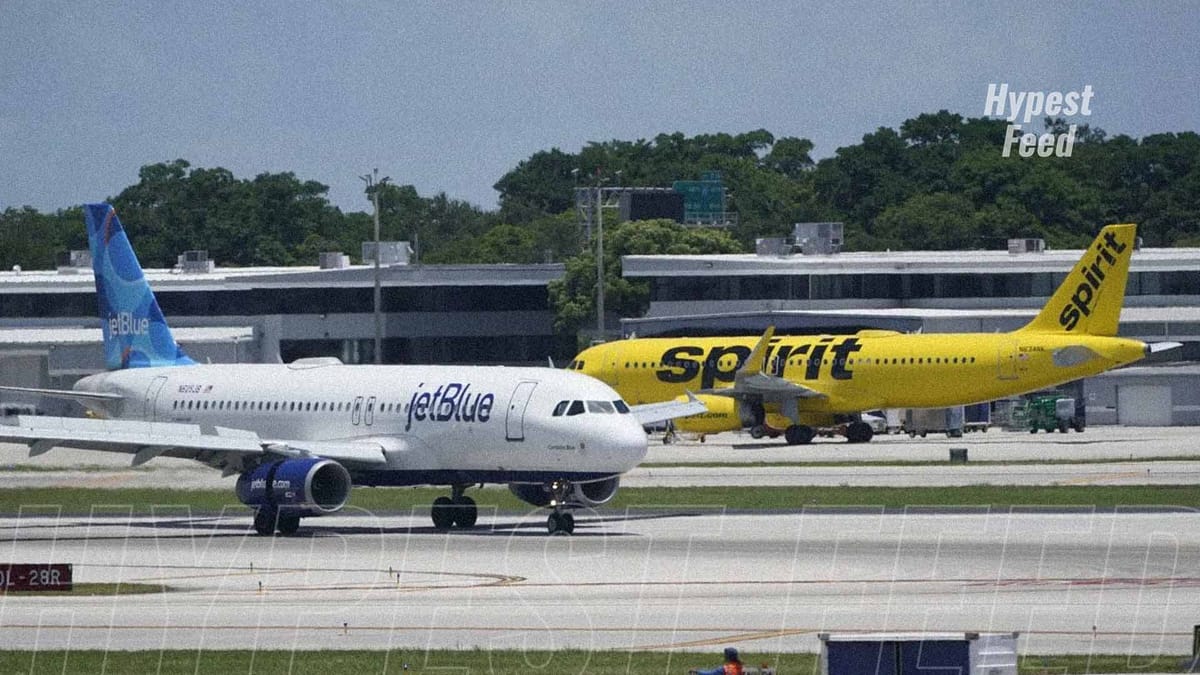JetBlue and Spirit Airlines have mutually agreed to end their proposed $3.8 billion merger deal, citing significant obstacles in obtaining regulatory and legal approvals. The decision, announced on Monday through a joint statement, comes as a result of the challenges that have arisen in meeting the closing conditions by the deal's deadline in July 2024.
JetBlue CEO Joanna Geraghty, who assumed the position just last month, expressed pride in the collaborative efforts with Spirit to challenge industry norms. However, given the remaining hurdles, both airlines concluded that proceeding independently would better serve their interests. Geraghty highlighted the merger's potential to introduce a national competitor to the dominant airlines, known as the Big Four.
Spirit CEO Ted Christie echoed Geraghty's sentiments, emphasizing the merger's anticipated benefits for consumers and the competitive landscape. The proposed merger, initially announced in July 2022, aimed to create a formidable challenger to the existing major players in the U.S. airline industry.
Spirit Airlines CEO Ted Christie expressed confidence in the airline's future prospects despite the termination of the merger deal, emphasizing their commitment to operating successfully as an independent carrier.
Recent data from the Transportation Department revealed that from December 2022 to November 2023, major carriers American, United, Delta, and Southwest collectively held 80% of the domestic market share. In contrast, JetBlue and Spirit accounted for 5.3% and 5.1%, respectively, during the same period.
Attorney General Merrick Garland hailed the termination of the merger agreement as a triumph for consumer protection, asserting that it underscores the Justice Department's dedication to safeguarding the interests of American travelers. Garland emphasized the department's successful efforts in demonstrating that the proposed merger would have resulted in higher airfares and reduced options for millions of passengers.
In January, a federal judge blocked JetBlue's proposed acquisition of Spirit following the Justice Department's intervention, citing concerns about the potential negative impact on affordable air travel. U.S. District Judge William Young emphasized the importance of antitrust laws in preserving market competition and protecting consumers from anticompetitive practices, highlighting the potential harm to consumers who rely on Spirit's low-cost business model.



Member discussion: